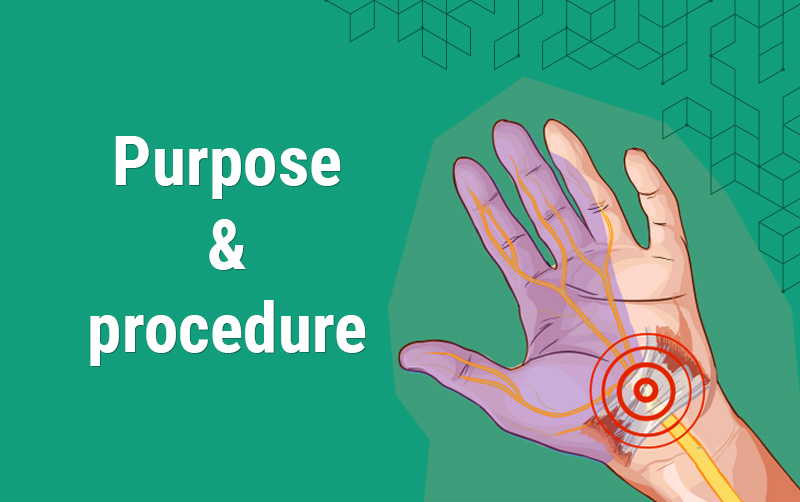What is an NCV Test?
A Nerve Conduction Velocity (NCV) test or Nerve Conduction Study assesses dysfunctional nerves and associated muscle problems in the human body. The test involves measuring the speed of electrical impulses passing through the nerves. The results determine nerve damage, indicating the damage location and extent.
Why do doctors recommend an NCV Test?
If you are experiencing unexplained numbness in your limbs, a tingling sensation, or continuous pain, the underlying cause may be a pinched or dysfunctional nerve in your body. In such a case, the doctor will recommend an NCV test to pinpoint the problem area and diagnose a range of neurological conditions, such as:
- Carpal tunnel syndrome
- Guillan-Barre syndrome
- CMT disease
- Herniated disc disease
- Chronic inflammatory polyneuropathy
- Sciatic nerve problems
The procedure involved in an NCV Test
Your doctor may recommend an NCV Test for only the upper or lower limbs, or all four limbs, depending upon the nature of your discomfort. You will have to be seated or lying down during the test, considering the area that needs examination.
During the test, the neurologist will locate the nerve that needs testing and fix a stimulating and a recording electrode on your skin. When a mild electric shock is conducted through the stimulating electrode, you will feel slight discomfort for a few seconds while the resultant nerve reaction gets recorded. A video monitor displays the recorded nerve response. Later, you’ll receive a printed record with the neurologist’s diagnosis for consultation with your doctor.
The entire process may take 15 minutes to an hour, depending upon the number of areas that needs examining.
Preparing for the NCV Test
Share the following details with your doctor, for appropriate instructions in preparation for the test.
- Any history of diabetes, hypothyroidism, or systemic diseases
- Whether you use muscle relaxants, psychotropic medications or opioids
- If you have a pacemaker or cardiac defibrillator
- Your alcohol consumption volume
Avoid using skin products a few days before the test date, as these may interfere with the functioning of the electrodes.
Wear loose clothes for the test that may be replaced easily with a hospital gown, if required. Any metal accessories like a wristwatch, rings, wristlets, etc., will come in the way of electrical stimulation and response recording, so do not wear these during the test.
Do not consume food or drinks containing caffeine like chocolate, coffee, etc., at least 2 – 3 hours before the test, as these are nerve stimulants and can influence the test results.

